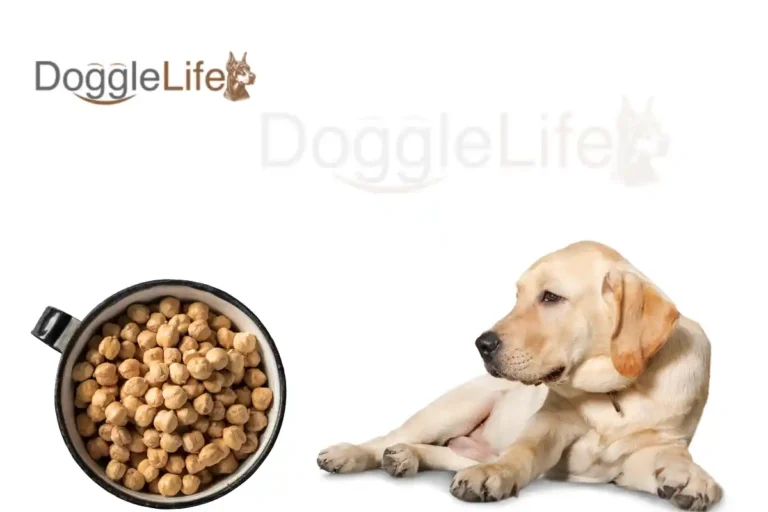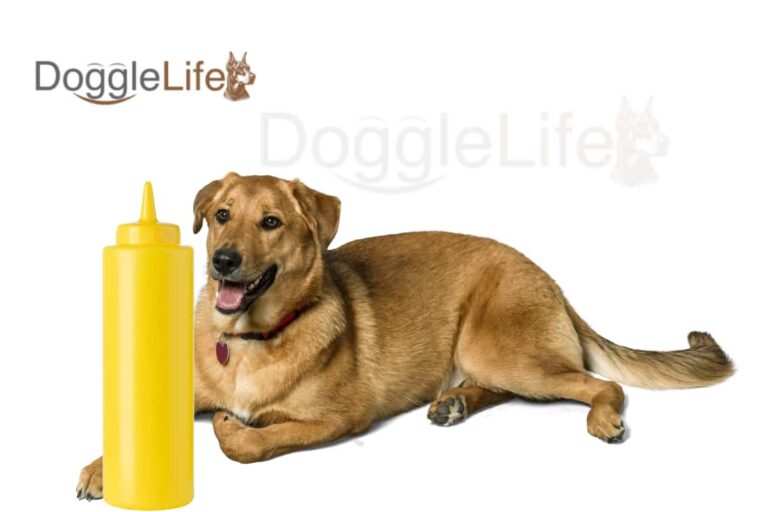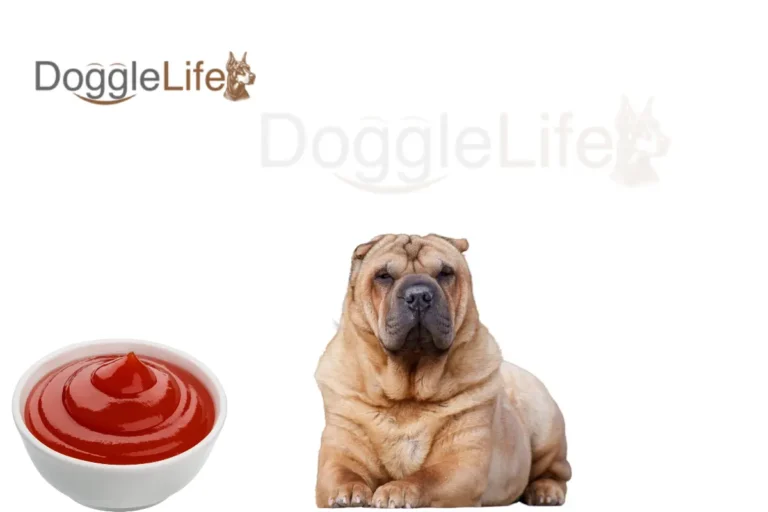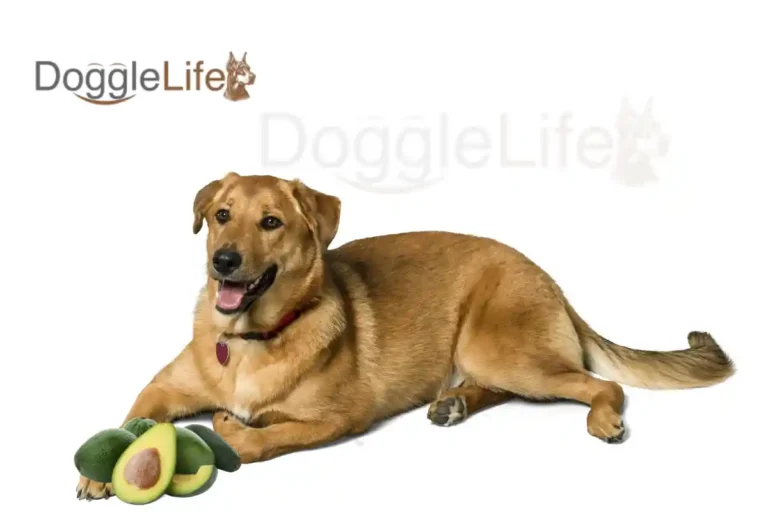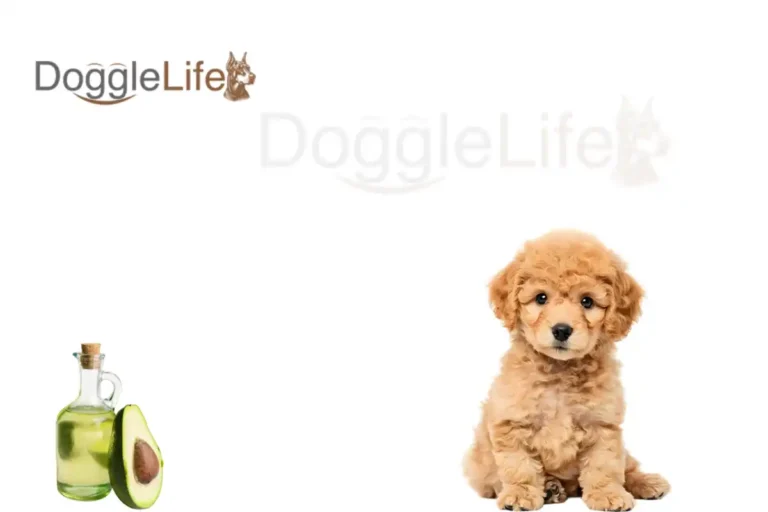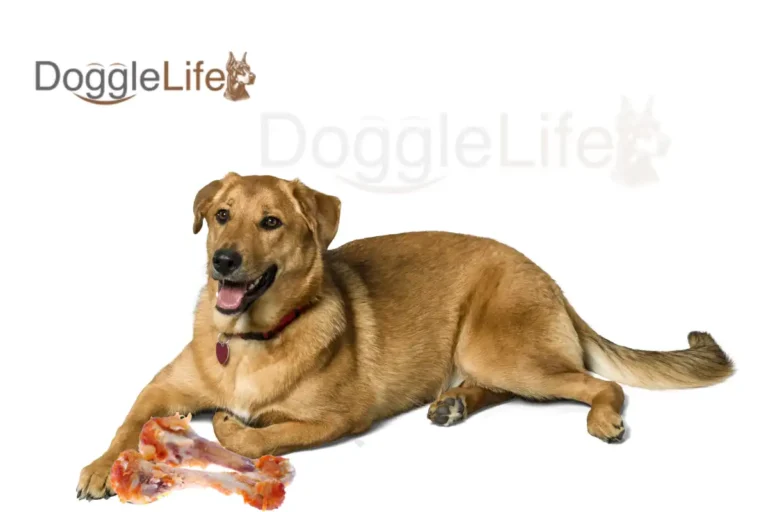Can Dogs Eat Peas Vet Approved
Can dogs eat peas? Peas are a popular vegetable and dogs can enjoy many types safely, including green peas, sugar snap peas, black eyed peas, snow peas, and even cooked or canned varieties. We’ll also cover combinations like peas and carrots, peas and corn, and specialty types like wasabi peas, pea protein, and harvest snap peas. Knowing which peas are safe ensures your pup stays happy and healthy.
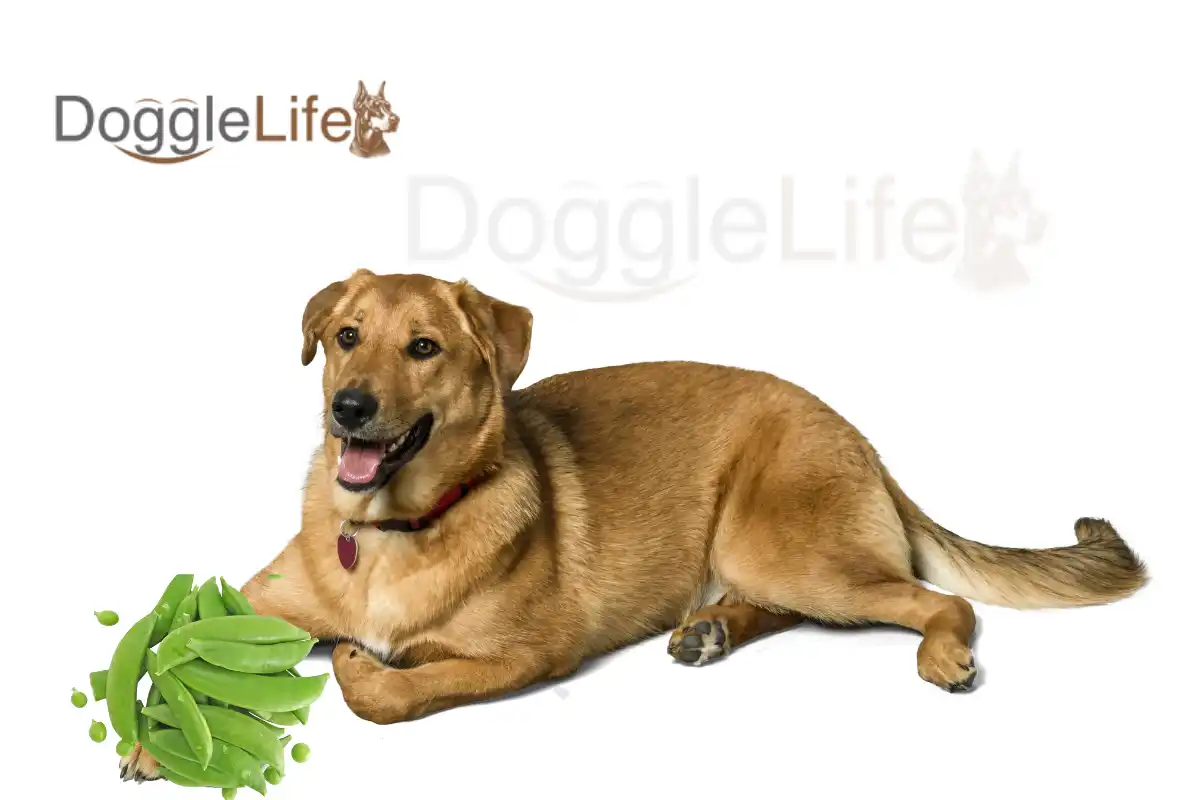
Can Dogs Eat Peas
Peas can be a healthy snack for your dog when given in moderation. Can dogs eat peas? Absolutely, they are packed with vitamins, minerals, and fiber. Peas are low in calories and can support digestion and overall health.
Expert tip: Always serve peas plain, without added salt or seasoning, to avoid upsetting your dog’s stomach.
Can Dogs Eat Green Peas
Green peas are safe for dogs to eat. Can dogs eat green peas? Yes, these vibrant vegetables are rich in vitamin K, vitamin C, and protein, making them a nutritious addition to your dog’s diet.
Expert tip: Serve them cooked or steamed for easier digestion, and avoid canned varieties with added sodium.
Can Dogs Eat Sugar Snap Peas
Sugar snap peas can be enjoyed by your dog as a crunchy treat. Can dogs eat sugar snap peas? Definitely! They provide fiber and vitamins while being low in calories.
- Wash thoroughly before feeding
- Cut into smaller pieces to prevent choking
Expert tip: Introduce sugar snap peas slowly to ensure your dog doesn’t get an upset stomach.
Can Dogs Eat Black Eyed Peas
Black eyed peas are another safe option. Can dogs eat black eyed peas? Yes, they are full of fiber and protein, supporting digestion and energy levels.
Expert tip: Serve them cooked and plain, without seasonings or spices, to maximize benefits and avoid digestive issues.
See also: Can Dogs Eat Popcorn
See also: Can Dogs Eat Celery
Can Dogs Eat Peas and Carrots
Peas and carrots make a great combo for your pup. Can dogs eat peas and carrots? Absolutely! This mix provides vitamins, antioxidants, and fiber, promoting healthy digestion and overall wellness.
- Steam or boil both vegetables for softer texture
- Avoid adding butter, salt, or seasonings
Expert tip: Mix them with your dog’s regular food to encourage healthy eating habits.
can dogs eat sweet peas
Sweet peas are generally safe for dogs in moderation. They’re packed with vitamins A, C, and K, which support your dog’s immune system and bone health. Avoid giving large amounts at once to prevent digestive upset.
Pro tip: Treat sweet peas like a snack, not a meal replacement, to keep your dog happy and healthy.
See also: Can Dogs Eat Peaches
See also: Can Dogs Eat Pickles
can dogs eat snow peas
Snow peas are safe for dogs and make a crunchy, low calorie treat. They contain fiber and antioxidants that can aid digestion and overall health. Make sure to wash them thoroughly before serving.
Pro tip: Cut snow peas into small pieces to prevent choking, especially for small breeds.
can dogs eat canned peas
Canned peas are okay for dogs if they’re plain, without added salt, sugar, or seasoning. They’re convenient but should be rinsed to remove extra sodium.
Pro tip: Always check the label and opt for low sodium or no salt added varieties to protect your dog’s kidneys.
can dogs eat frozen peas
Frozen peas are a nutritious snack and can even be served as a cool treat on hot days. They keep all the vitamins of fresh peas and are easy to store.
Pro tip: Let frozen peas thaw slightly or serve them as a fun ice cube treat for your dog.
can dogs eat pea pods
Pea pods are generally safe but should be served in moderation and chopped up to avoid choking. They’re high in fiber, which is good for digestion but too much can cause gas.
Pro tip: Introduce pea pods gradually into your dog’s diet and watch for any stomach upset.
Can Dogs Eat Peas and Corn
Yes, dogs can eat peas and corn in moderation. Peas and corn provide fiber, vitamins, and minerals that can support your dog’s digestion and overall health. However, make sure they’re cooked without salt, butter, or seasonings, as these additives can upset your dog’s stomach.
Expert Tip: Always start with a small portion to see how your dog reacts, especially if they’ve never had peas and corn before.
Can Dogs Eat Split Peas
Dogs can eat split peas, but they should be cooked and soft before feeding. Split peas are rich in protein and fiber, which can help maintain healthy digestion. Avoid adding spices, onions, or garlic, as these are toxic to dogs.
Expert Tip: Split peas are best added to homemade dog meals in small amounts they’re great for digestive health but shouldn’t replace your dog’s main balanced diet.
Can Dogs Eat Cooked Peas
Cooked peas are safe and healthy for dogs. They’re easy to digest and a great source of vitamins like A, K, and B vitamins. Cooked peas can be served alone or mixed with your dog’s regular food.
Expert Tip: Steaming peas is the best cooking method to preserve nutrients while keeping them soft and easy to chew.
Can Dogs Eat English Peas
Yes, dogs can eat English peas. These peas are small, sweet, and packed with nutrients like fiber and protein. They can be a good low calorie treat for dogs of all sizes.
Expert Tip: Freeze a batch of English peas for a crunchy, refreshing snack during hot days dogs usually love them!
Can Dogs Eat Snap Peas Raw
Dogs can eat snap peas raw, but always wash them thoroughly first. Snap peas are crunchy and full of fiber, which can help with digestion and keep your dog’s teeth clean. Some dogs might prefer them lightly steamed for easier chewing.
Expert Tip: Watch your dog the first time they try raw snap peas to ensure they chew them properly and don’t choke.
Can dogs eat peas everyday
Yes, dogs can eat peas everyday, but moderation is key. Peas are packed with vitamins like A, K, and B, plus minerals like iron and zinc that support your dog’s overall health. Feeding peas daily can be healthy, but too many may cause digestive upset due to their fiber content.
Expert tip: Start with a small portion and watch your dog’s reaction. Variety in diet is always better than just one vegetable every day.
Can dogs eat wasabi peas
Can dogs eat wasabi peas? Absolutely not. Wasabi peas are spicy and often salted, which can irritate your dog’s stomach and even harm their kidneys in large amounts. Spicy foods are a big no-no for dogs.
Expert tip: Stick to plain, boiled, or steamed peas for your dog. Even a tiny bit of wasabi can cause serious discomfort.
Can dogs eat pea protein
Can dogs eat pea protein? Yes, pea protein is generally safe and can be a good plant based protein source in moderation. Many dog foods now include pea protein to boost nutrition. However, it should not replace animal protein entirely.
Expert tip: Always check the ingredients of pea protein products to avoid added salts, spices, or sweeteners that could harm your dog.
Can dogs eat field peas
Can dogs eat field peas? Yes, field peas are safe for dogs when cooked properly. They are high in fiber and protein, which supports healthy digestion and energy. Raw field peas, though, can be hard to digest.
Expert tip: Cook the peas until soft and avoid adding salt or seasoning. Introduce them slowly to prevent tummy upset.
Can dogs eat purple hull peas
Can dogs eat purple hull peas? Yes, these peas are safe for dogs and offer a good mix of vitamins and minerals. Purple hull peas are similar to regular peas but have slightly different nutrients, which can be a fun addition to your dog’s diet.
Expert tip: Always serve in moderation and monitor for any digestive issues. Variety is a great way to keep your dog healthy and happy.
Can Dogs Eat Split Pea Soup With Ham
Dogs can eat split pea soup with ham, but there are important precautions. While split peas themselves are safe and nutritious, the ham often contains high amounts of salt and seasoning, which can upset your dog’s stomach. If you want to share this soup, make sure it’s plain, with no added salt, onion, or garlic.
Expert tip: Always serve in small portions and avoid any processed meats for dogs.
Can Dogs Eat Black Eyed Peas And Cabbage
Dogs can eat black eyed peas and cabbage, and they offer fiber and vitamins. However, cabbage can cause gas and digestive discomfort if given in large amounts. It’s best to cook the peas and cabbage lightly and serve a small portion.
Expert tip: Start with tiny amounts to see how your dog reacts before making it a regular treat.
Can Dogs Eat Boiled Peas
Yes, dogs can eat boiled peas, and they are a great low calorie snack. Boiling makes them easier to digest, and peas provide protein, vitamins, and minerals. Avoid adding salt, butter, or seasoning.
Expert tip: Plain boiled peas are excellent for training treats or mixing into your dog’s regular food.
Can Dogs Eat Butter Peas
Dogs can eat butter peas, but moderation is key. Butter peas are sweet and soft, and while they are not toxic, the added butter or oil used in cooking can cause stomach upset. Serve plain if possible.
Expert tip: A little butter peas as a treat is fine, but don’t make it a daily habit.
Can Dogs Eat Crowder Peas
Dogs can eat crowder peas, but they should be cooked and unseasoned. Raw or undercooked crowder peas are hard to digest and can lead to stomach issues. These peas are rich in protein and fiber, making them a healthy occasional snack.
Expert tip: Mash them slightly for smaller dogs to avoid choking.
Can Dogs Eat Dried Peas
Dogs can eat dried peas, but they need to be soaked or cooked first. Raw dried peas can be difficult to digest and may cause bloating or gas. They are a good source of fiber and protein when prepared correctly.
Expert tip: Always introduce new foods slowly and in small quantities.
Can Dogs Eat Harvest Snap Peas
Dogs can eat harvest snap peas, which are crunchy and full of nutrients. Snap peas can be served raw or lightly steamed, but avoid seasoning. They make a fun and healthy snack for your dog.
Expert tip: Cut large snap peas into smaller pieces for safety, especially for small dogs.
In summary, can dogs eat peas? Yes, most peas are safe, including green, sugar snap, black eyed, cooked, frozen, or canned varieties. Avoid anything spicy or heavily seasoned like wasabi peas. Mix peas with carrots, corn, or other safe veggies for a tasty treat. Moderation is key to keep your dog healthy and enjoying these nutrient packed snacks.

